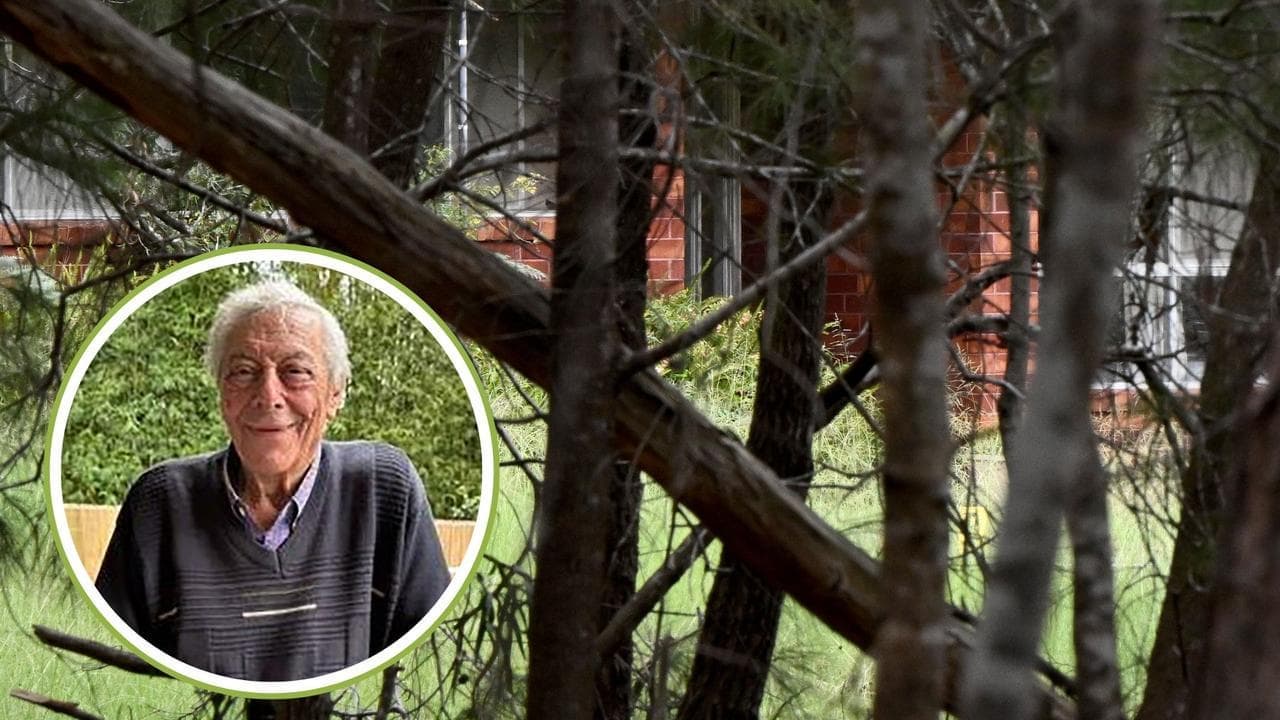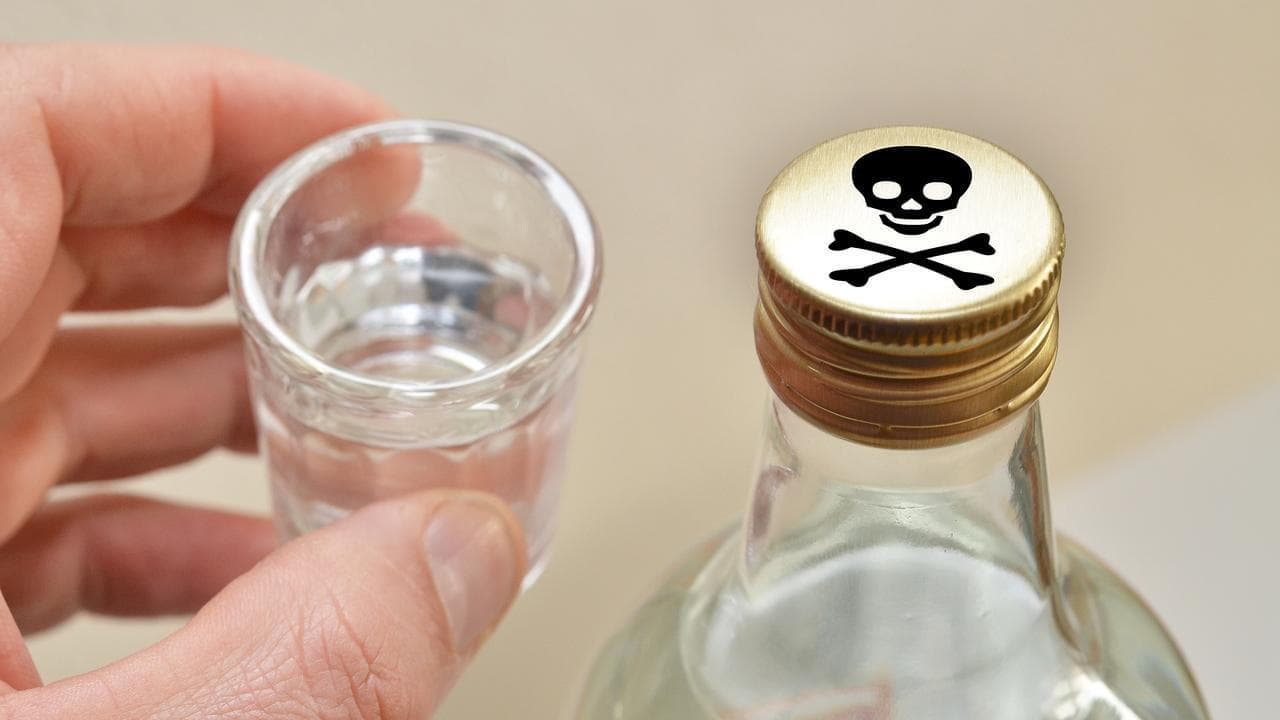The Statement
A viral Facebook post questions the benefits of exercise and a good diet, suggesting as evidence that a series of famous figures who led active lives died earlier than those associated with bad habits.
"Eat whatever you like," the post states, before adding: "The inventor of the treadmill died at the age of 54, the inventor of gymnastics died at 57, the world bodybuilding champion died at 41 (and) the best footballer in the world, Maradona, died at 60."
In contrast, the post then points to the creators of junk food products, cigarette companies and alcohol brands as examples of people who lived to a ripe old age.
"The KFC inventor died at 94. The inventor of Nutella died at 88. The cigarette maker Winston died at 102. The inventor of opium died at 116 in an earthquake. The inventor of Hennessy died at 98," the post says. "How did doctors come to the conclusion that exercise prolongs life?"
The post goes on to say, "The rabbit is always jumping but it lives for around two years, and the turtle that doesn't exercise at all lives over 200 years." The post's conclusion is that we should all "rest, chill, eat, drink and enjoy life".
The viral meme was posted on 19 March by a UK user but has since been widely shared by Facebook users in Australia and elsewhere. At the time of writing, it had been viewed more than 9.8 million times and shared more than 15,000 times.

The Analysis
The author of the meme may be relaxed about life — but unfortunately they are also a little too relaxed about the facts. Nearly every age of death quoted in the post is wrong and some of the people referred to in the meme don't even exist.
Regrettably for those of us who prefer late-night snacks to early morning yoga, it is also incorrect to suggest that regular exercise and healthy eating do not contribute to a longer life. Numerous studies show they do.
AAP Factcheck investigated each of the claims in the post and found almost all to be inaccurate.
The pioneer of the modern exercise treadmill, William Staub, died in 2012 at 96 years of age, not 54, reportedly after a long life centred on exercise and a controlled diet.
The inventors of earlier iterations of the treadmill also had long lives. Wayne Quinton developed an automated, lightweight treadmill as a medical device in the early 1950s and died decades later aged 94, while English engineer Sir William Cubitt pioneered a crude treadmill in 1818 as a means of reforming prisoners. He died aged 76.
Friedrich Ludwig Jahn is credited as being the "father of gymnastics" after founding the turnverein (gymnastics club) movement in Germany in the early 1800s, although the concept of gymnazein — meaning 'naked exercise' — goes back to ancient Greece. Friedrich Ludwig Jahn died at 74, not 57.
The post claims "the world bodybuilding champion died at 44" but the subject of that claim is not named. Many well-known bodybuilders have been reported to have died at an early age and scientific studies are littered with examples of bodybuilders dying young, often linked to anabolic steroid use. But there is no evidence of any "world champion" dying at 41.
The only correct age of death mentioned in the post is for Argentinian soccer legend Maradona, who died in 2020 aged 60. However, the footballer was hardly a poster child for clean living, achieving notoriety for his ongoing alcohol and drug use.
The meme goes on to make the case that certain people associated with unhealthy products lived well into their 80s, 90s or even longer. Every one of the numbers used is wrong.
KFC inventor Harland Sanders died in 1980 aged 90, not 94.
Nutella was created by Italian confectionery tycoon Michele Ferrero, who died in 2015 aged 89 — a near-miss for the meme, which has the figure wrongly pegged at 88.
The post is further off the mark with its claim that "the cigarette maker Winston died at 102". Winston is an American brand of cigarettes founded by Richard Joshua "R. J." Reynolds, who died at 68. The Winston brand is not named after a person but the North Carolina town where Mr Reynolds built his tobacco factory. His grandson, Patrick Reynolds, is now a prominent anti-smoking campaigner.
The claim that "the inventor of opium died at 116 in an earthquake" is a curious one given that poppy opium is thought to have been cultivated by humans for more than 5,000 years going back to the Sumerians, who lived in modern-day Iraq. AAP FactCheck could find no evidence of any "inventor" of opium dying in an earthquake at 116.
Guinness World Records states the longest confirmed lifespan for a man to date is 116 years. However, that record belongs to a Japanese postal worker who died in hospital of natural causes in 2013. He is not credited with inventing opium.
The creator of cognac brand Hennessy was Irishman Richard Hennessy. He was born in 1724 and died in 1800, making him either 75 or 76 at the time of death — definitely not 98, as the Facebook meme says.
And how did doctors come to the conclusion that exercise prolongs life? By looking at the science.
Professor Remco Polman, head of QUT's School of Exercise and Nutrition Sciences, told AAP FactCheck there is a lot of data showing that people who stay fit and healthy are less likely to have chronic diseases leading to premature death.
"You should definitely engage in regular, moderate exercise and eat well but in moderation," Prof Polman said. "There is quite a bit of evidence that people who exercise live longer."
Thousands of studies have been undertaken into the effects of exercise on human health, and there is little doubt about its benefits for life expectancy.
A highly cited US data study of 122,007 patients undertaking treadmill testing between 1991 and 2014 concluded that people with high levels of cardiorespiratory fitness lived longer than those who were less fit. The results held true across all age groups, the researchers found, and had no 'upper limit', meaning the fitter the person the higher their chances of living a long life.
Many, many other studies have come to similar conclusions, including this research review which makes a "conservative estimate" that the net increase in life expectancy for physically active people is 2–4 years "but presumably even greater" due to the positive influence of activity on the major risk factors for mortality.
The Australian Department of Health recommends adults complete 150 to 300 minutes of moderate physical activity or 75 to 150 minutes of vigorous exercise each week.
Even the post's characterisation of turtles as living a long life without exercise was challenged by an Australian turtle expert. Graham Stockfeld, president of Turtles Australia, a turtle conservation and public education group, told AAP FactCheck.: "They're all muscle, basically. So, I think if you look closely at that argument (made in the Facebook meme) it will probably fall apart. They're very fit animals in their own right. They're not lying around being slobs."
So, if the advice provided in the Facebook post isn't very useful, what is the easiest way for us to improve our health and live to old age? Prof Polman said people should start by cutting down on unhealthy foods.
"You should probably only go to the outside aisles in the supermarket," he suggests. "So you start with the fruit and the vegetables, and then go maybe to dairy products and then maybe some bread. Then all the middle aisles, you probably can skip."

The Verdict
The Facebook post lists various people associated with sports and fitness as dying young while claiming that other people associated with fast food, cigarettes and alcohol lived much longer. Nearly all of the figures used are wrong.
The post's underlying suggestion that exercise and longevity are not connected is also false. Many scientific studies over many years have concluded that exercise is associated with long life.
False – Content that has no basis in fact.
AAP FactCheck is an accredited member of the International Fact-Checking Network. To keep up with our latest fact checks, follow us on Facebook and Twitter.












